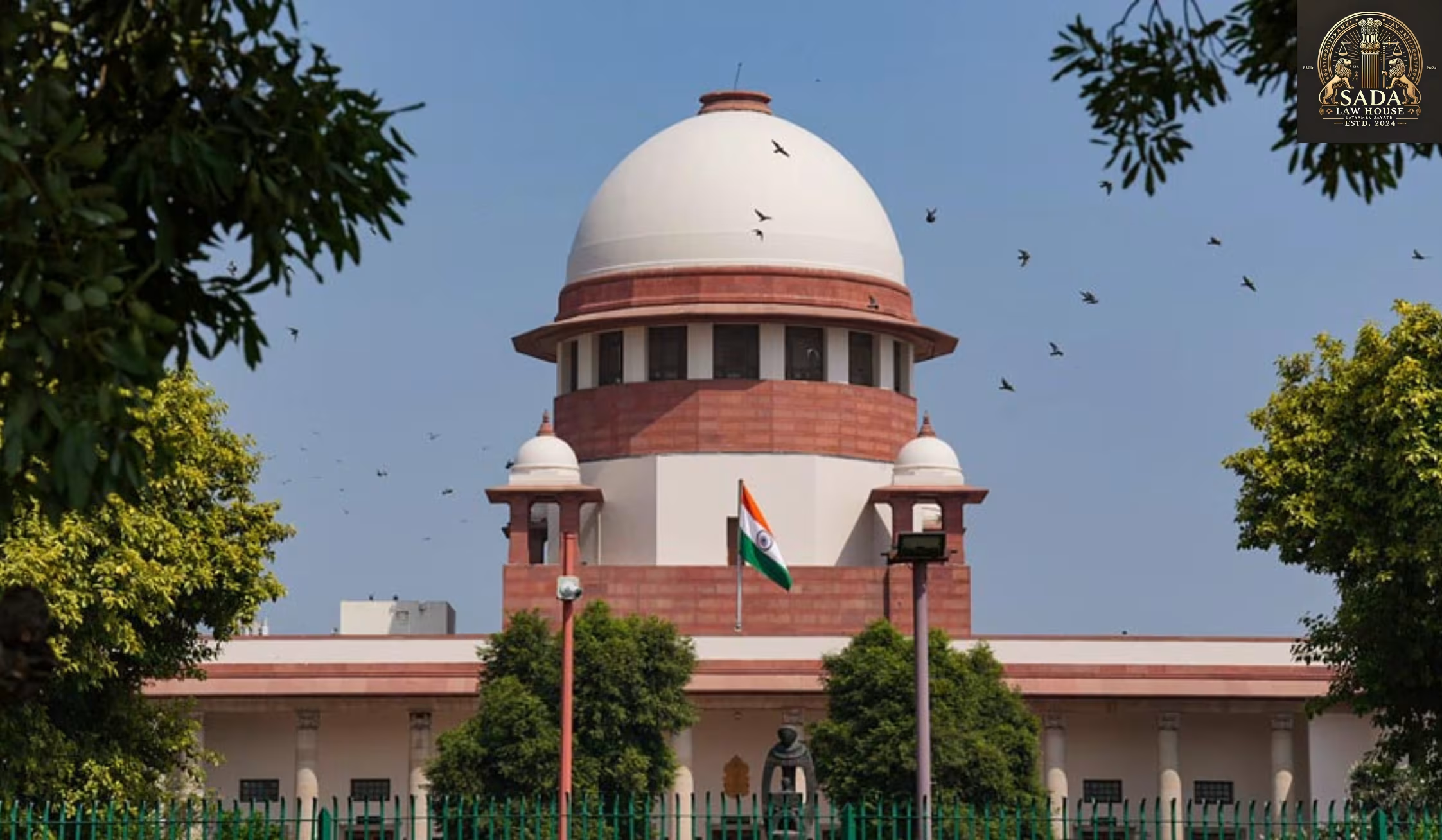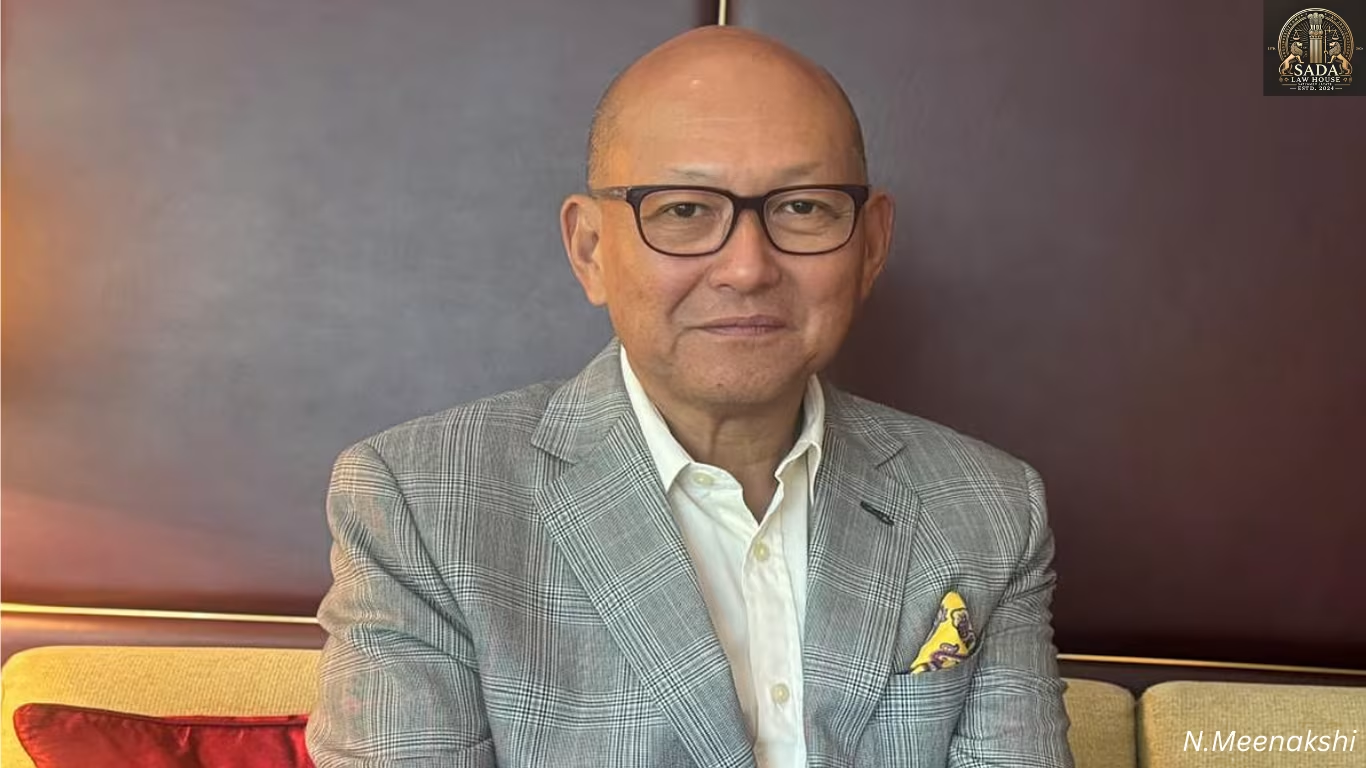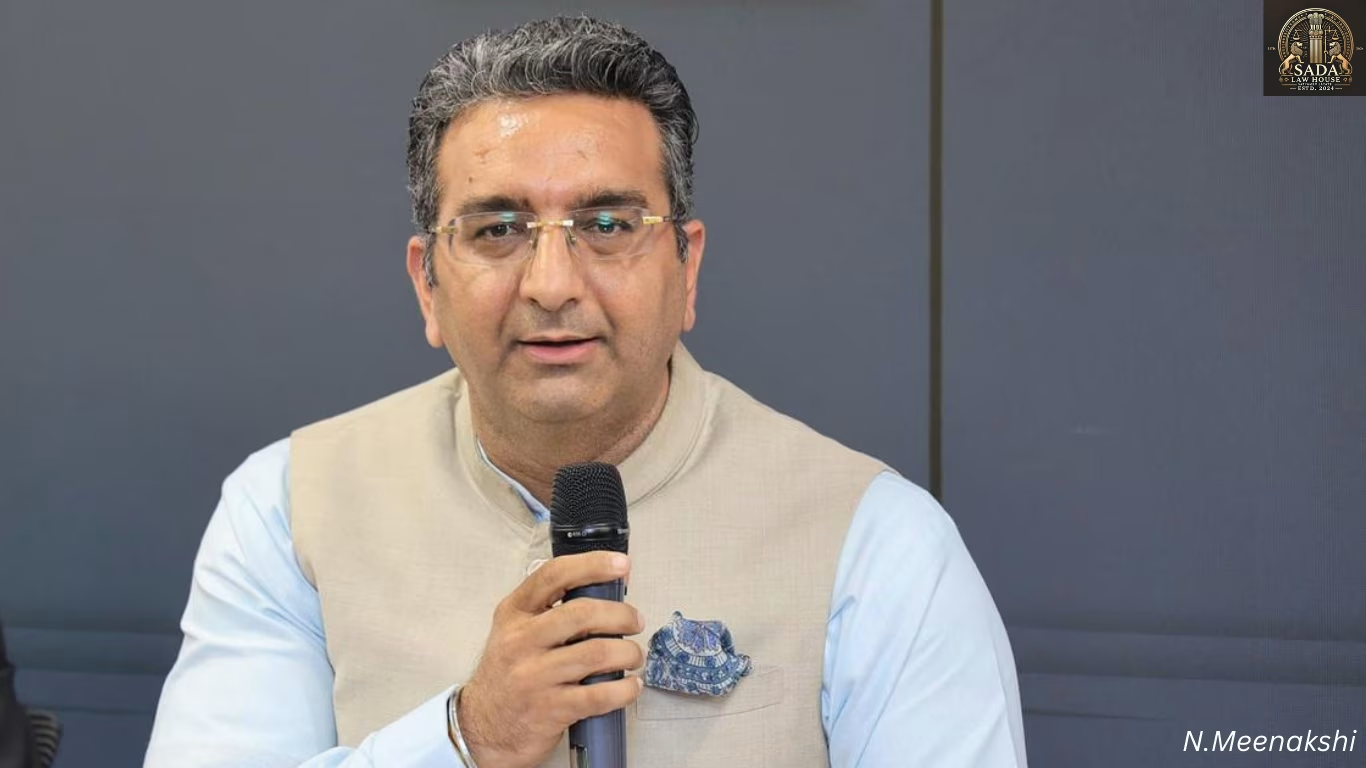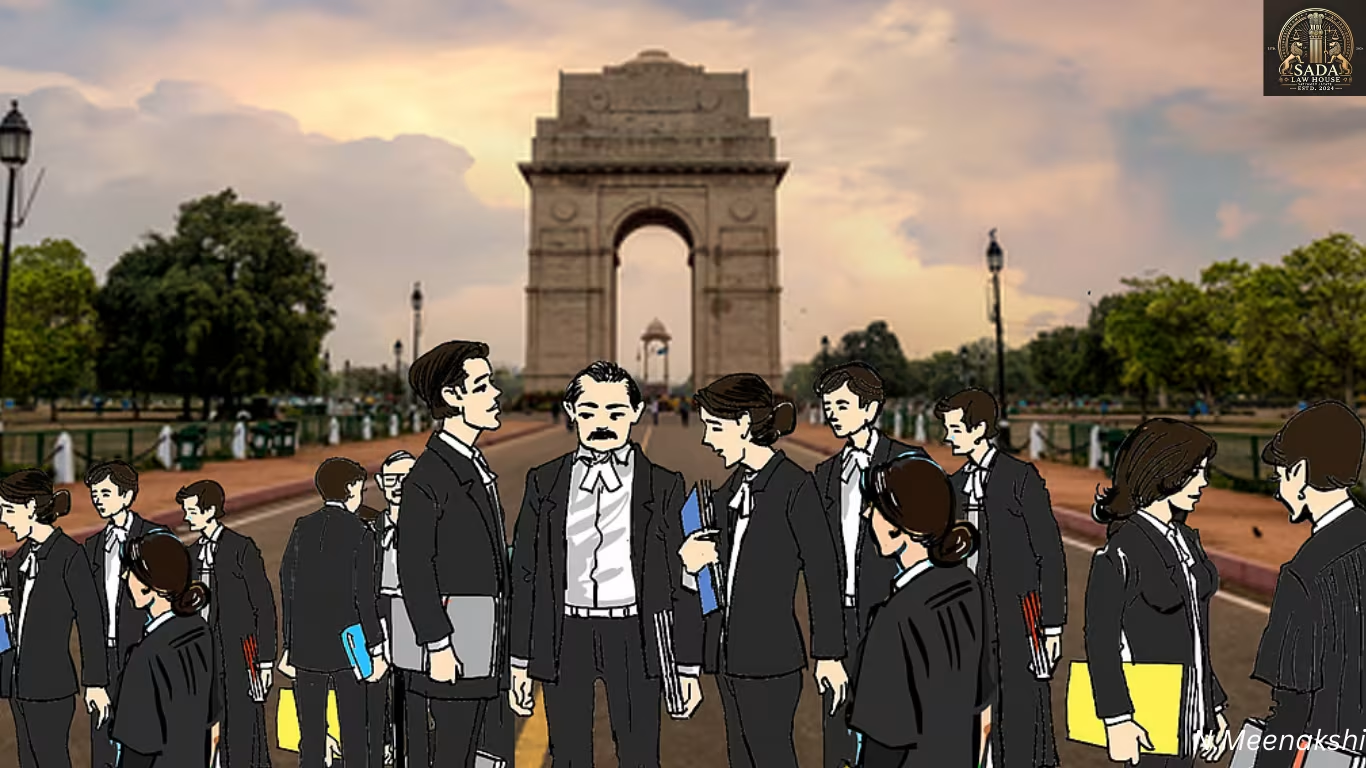Supreme Court Slams Misuse of UP Gangsters Act, Demands Accountability from Uttar Pradesh Government
- KASHISH JAHAN
- 25 June 2025

The Supreme Court of India has reprimanded the Uttar Pradesh government for misuse of the UP Gangsters Act, raising crucial concerns about preventive detention, civil liberties, and legal reform in India.
Supreme Court of India Slams Misuse of UP Gangsters Act
In a significant move for the protection of civil liberties, the Supreme Court of India has strongly criticized the Uttar Pradesh government for its rampant misuse of the Uttar Pradesh Gangsters and Anti-Social Activities (Prevention) Act. This landmark intervention could influence how preventive detention laws are enforced across the country.
Widespread Abuse of Preventive Laws in Uttar Pradesh
Multiple petitions filed in the Supreme Court exposed an alarming pattern: ordinary citizens—such as farmers, small traders, and activists—were charged under the UP Gangsters Act without any legitimate evidence of involvement in organized crime.
Petitioners alleged that the Act had been weaponized to target political opponents, settle personal vendettas, and suppress dissent. Shockingly, data revealed that over 70% of those arrested under the Act were eventually acquitted or had charges dropped due to lack of evidence.
Justice Sanjiv Khanna Raises Red Flags
The bench, headed by Justice Sanjiv Khanna, voiced serious concern about the growing misuse of preventive laws. Originally designed to counter organized criminal activities, the law had been distorted to unjustly detain innocent civilians.
The court directed the state government to submit a list of all cases filed under the Act over the past five years, along with the justification for each arrest. It also indicated that it may issue formal guidelines to restrict the arbitrary use of such draconian laws.
Constitutional Implications and Fundamental Rights
This case brings into sharp focus the conflict between national security interests and the fundamental rights enshrined under Part III of the Constitution of India.
According to legal experts, the final ruling may clarify constitutional boundaries on the state’s power to implement preventive detention and provide stronger protections against wrongful incarceration.
It also renews urgent calls for police reforms and greater judicial oversight of executive power.
What Happens Next?
The Supreme Court will revisit the matter in July 2025, at which point it will examine the data provided by the Uttar Pradesh government.
Civil rights activists are optimistic that the case will lead to meaningful legal reform and greater transparency in the use of laws that enable preventive detention.
Live Cases






